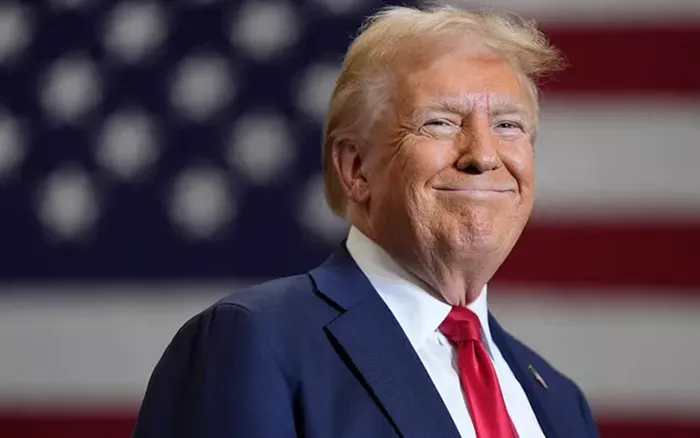President-elect Donald Trump announced a significant claim regarding illegal immigration from Mexico after a conversation with Mexican President Claudia Sheinbaum. Trump asserted that Sheinbaum had agreed to halt migration through Mexico into the United States, effectively closing the southern border. However, Sheinbaum countered that Mexico is already managing migrant caravans and has no intention of closing its borders.
The discussion came shortly after Trump threatened to impose substantial tariffs on both Canada and Mexico to address issues related to illegal immigration and drug trafficking. Sheinbaum responded firmly, stating that any U.S. tariffs would provoke retaliatory measures from Mexico, emphasizing that there would be “no subordination here.”
In her remarks, Sheinbaum clarified that tariffs were not a topic of their recent call. She emphasized Mexico’s existing strategies to manage migration while respecting human rights. She noted, “Thanks to this, migrants and caravans are assisted before they reach the border,” indicating that her government aims to build bridges rather than close borders.
Trump’s social media posts described his conversation with Sheinbaum as “wonderful” and suggested that she had made concessions following his tariff threats. He also announced plans for a national advertising campaign to warn against fentanyl use, which he described as causing significant harm in the U.S.
Meanwhile, President Joe Biden criticized Trump’s tariff proposals while visiting a firehouse on Nantucket Island during Thanksgiving. Biden called the plan “counterproductive” and warned against damaging relationships with North American allies.
Illegal migration across the U.S.-Mexico border has reportedly decreased, partly due to increased cooperation from Mexico. Arrivals have dropped 40% since last December, with U.S. officials attributing this decline to heightened vigilance by Mexican authorities.
Despite the lack of firm plans for new tariffs mentioned in their social media exchanges, Trump’s proposed tariffs could lead to higher prices for American consumers and potentially disrupt the trade agreement established in 2020 between the U.S., Canada, and Mexico.
Trump’s announcement included a pledge for a 25% tax on all products entering the U.S. from Canada and Mexico as one of his first executive actions upon taking office on January 20. He also proposed an additional 10% tariff on China related to its role in fentanyl production.
As of September, the U.S. had imported $378.9 billion in goods from Mexico, $322.2 billion from China, and $309.3 billion from Canada.
Related topics:
- Immigration and Housing Woes Fuel Turbulent Election Campaign in Ireland
- Appeals Court Upholds Texas’ Right to Build Razor Wire Border Wall in Major Victory Against Illegal Immigration
- Exploring the Role of Temporary Foreign Workers in Canada: Key Insights


